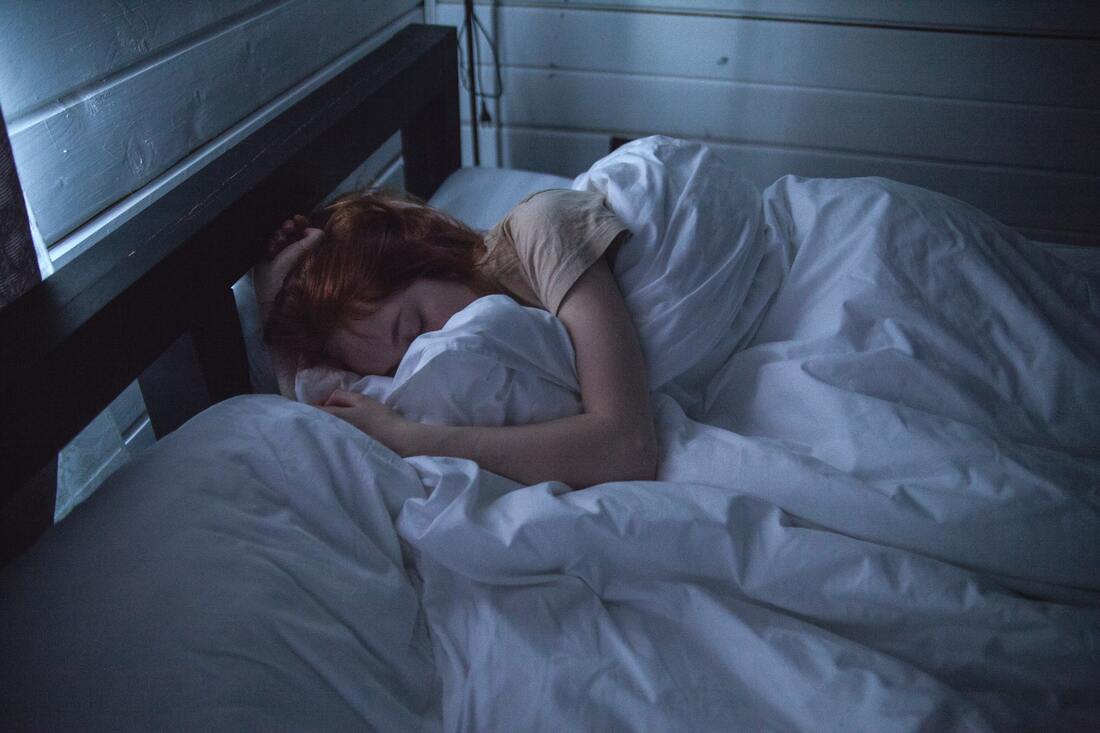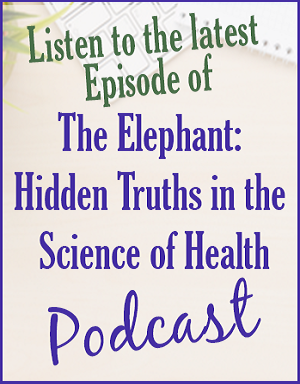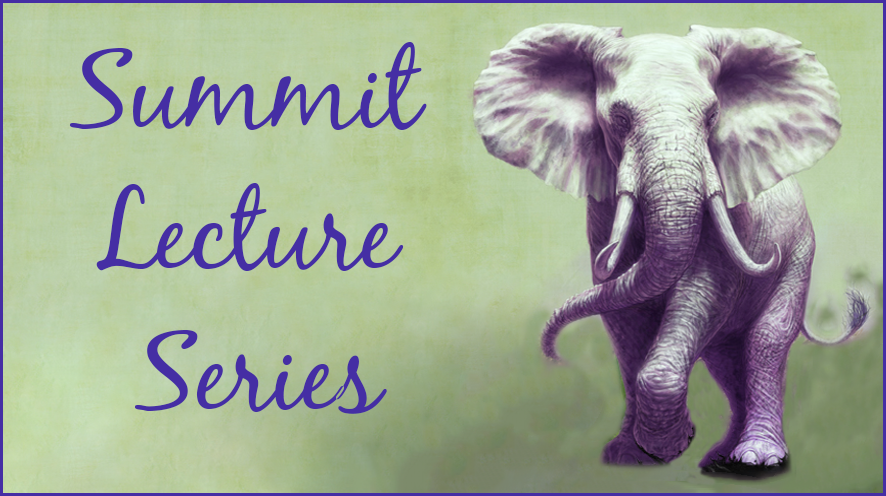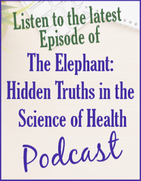Larry A. Law
People do vary biologically in exactly what time they prefer to wake up and go to sleep. This quality is called their chronotype. There are those who like to get up early (Morning Larks) and they represent about 40% of the population. On the other end are those who like to sleep in and prefer to stay up later. This group of people are called Night Owls and they represent about 30% of the population. In between (but leaning towards Night Owls) are the other 30% of us. Melatonin regulates what time you go to sleep. However, it doesn't create the feeling to go to sleep or how well you will sleep as some people believe. Sleep pressure is what causes you to go to sleep. The hormone adenosine builds up in the brain after 12 to 16 hours of being awake. People are always searching for ways to delay this rising pressure and caffeine is the number one chemical of choice. Caffeine displaces adenosine on brain receptor sites very much like someone putting their fingers into their ears to shut out noise. But adenosine continues to build within the body regardless. When the liver finally clears out the caffeine, the adenosine hormone re-engages the receptor sites but with pent-up urgency. A caffeine crash is the result. People like caffeine because it stays in the body a long time and helps them stay awake longer. The half-life of one serving of caffeine is 5 to 7 hours! There's an enzyme in the liver which degrades the caffeine (cytochrome P450 1A2). Some people have a more efficient version of the enzyme which clears caffeine out faster; however, it can still seriously distrupt sleep when you finally want to sleep! People mistakenly believe de-caffeinated coffee has no caffeine. But the de-caffeinated options still have 15 to 30% of the regular versions of coffee, so it's not a good choice either. What is involved in getting a good night of sleep? There are two general phases of sleep. The first is NREM or Non-Rapid Eye Movement sleep and there are 4 stages of NREM. The second phase is REM sleep or Rapid Eye Movement sleep. Every 90 minutes NREM and REM battle for dominance. The first half of the night, NREM is most prevalent and the second half of the night, REM usually prevails. Most people have 4 or 5 of these 90-minute sleep cycles a night. Stay tuned for more on these sleep brain waves and why getting a good night's sleep is so vitally important for your health.
0 Comments
Leave a Reply. |
BlogArchives
July 2024
Categories
All
|
© Angie's Option GRM. All rights reserved.







 RSS Feed
RSS Feed

